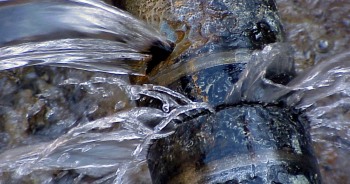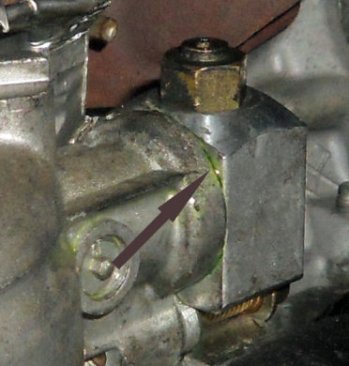Air-conditioning, everyone’s best friend during the heat waves of summer, is a lot older than people think. The very first model of “air conditioning” can be traced as far back as ancient Egypt, when long, slender plants were wet and placed on the windows of houses. The water on the plants evaporated, thus cooling the incoming air. The ancient Romans would circulate water through the walls of the houses, creating a cooler interior.
 Image source: https://en.wikipedia.org/wiki/Main_Page
Image source: https://en.wikipedia.org/wiki/Main_Page
China also saw its share of air conditioning advancements between the 2nd and 12th centuries, when a number of notable inventors created several ways of cooling the air. Most of the ways involved rotary motors creating artificial wind. Later on, jet streams were added to these huge fans, resulting in coolness and humidity.
It wasn’t until the 17th century that chemistry was made a permanent part of the air conditioning process. Benjamin Franklin and John Hadley found that some liquids have a lower evaporation time than water. Franklin and Hadley realized that this meant objects could be cooled to the freezing point more quickly.
In 1914, Charles Gates procured the very first in-house air conditioning unit for his mansion in Minneapolis. It was a mammoth contraption that measured seven feet by six feet by twenty feet.
In 1931, the first window-type air-conditioner was invented by HH Schultz and JQ Sherman. This model was to be the prototype of air conditioners to come.
 Image source: http://www.nbcwashington.com/
Image source: http://www.nbcwashington.com/
Eaton Compressor provides its clients with world-class industrial air compressors, many of which are used in air conditioning units of all shapes and sizes. Learn more about Eaton Compressor by visiting its official.




